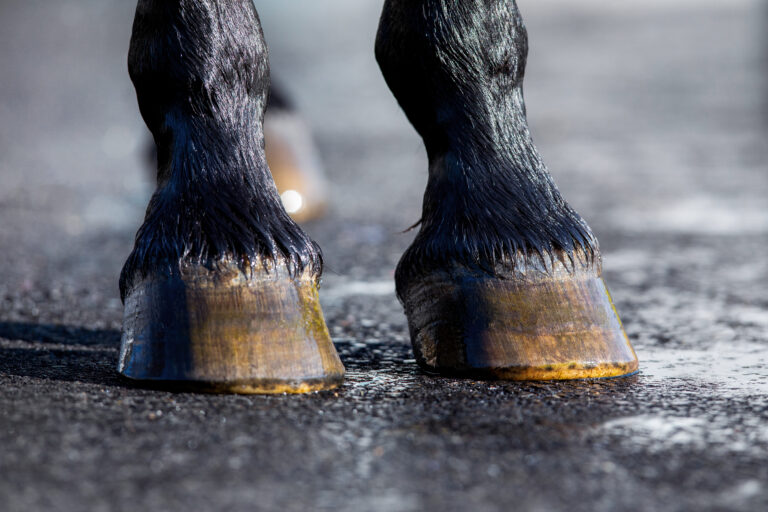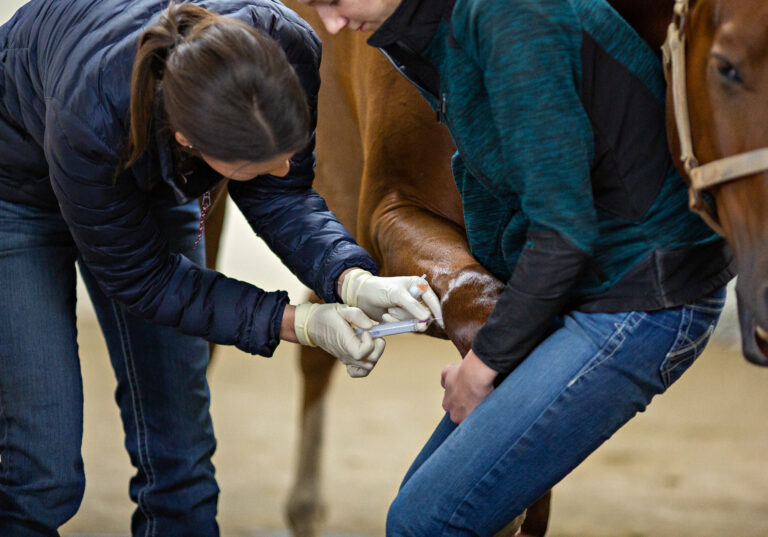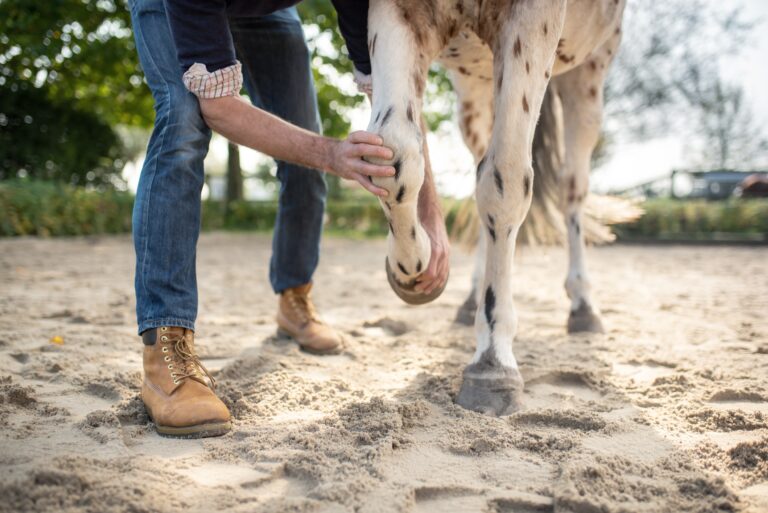The University of Kentucky Veterinary Diagnostic Laboratory receives fetuses and placentas from cases of equine abortion throughout the year. The number of submissions vary between years, but there are typically 400-500 cases of fetal and perinatal loss submitted each foaling season. As of January 2nd, 2023, a total of 188 equine fetuses have been submitted to the laboratory from the 2023 foal crop. For each case, a diagnosis is made based on the combination of gross autopsy findings, microscopic examination, and various PCR, virology and bacteriologic testing modalities.
Diagnoses can be categorized into infectious and non-infectious causes of equine abortion. Infectious causes include ascending bacterial and fungal placentitis, fetal bacteremia, mucoid/nocardioform placentitis, equine herpesvirus (EHV) abortion, leptospiral abortion, and Neoricketsia risticii, the cause of Potomac horse fever, associated abortion. Causes of noninfectious abortion include congenital anomalies, umbilical cord torsion, cervical pole necrosis, and fetal neoplasia. When no infectious agents or pathologic lesions are identified, then the equine abortion is designated as an abortion of undetermined etiology.
Diagnoses for the 2023 foal crop (figure 1) and the prior 4 years (figure 2) are graphed below. For comparative reasons, January 2nd was used as the cutoff date for data analysis during each respective year.






